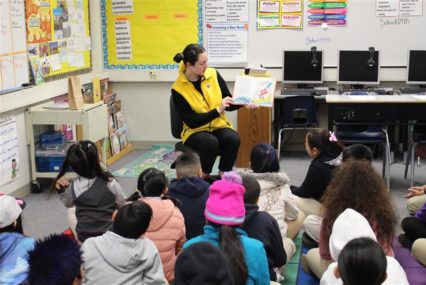Decoding Literacy: Why Learning to Read is More Complex Than Rocket Science

The rainbow table buzzes with quiet anticipation as I settle in with my group of second-grade learners. As a reading interventionist, I work closely with students who are navigating the challenging waters of early literacy. Today, my mission is to help them build confidence and skills, one letter at a time.
I carefully distribute personalized worksheets, each adorned with a student's first name—a small touch that immediately captures their attention and makes the learning experience feel special. The pages are designed to help them practice letter formation, transforming what could be a mundane task into an exciting personal challenge.
Methodically, I guide each student through the process, offering gentle encouragement and individualized support. Every child is unique, and their journey to reading proficiency requires patience, understanding, and tailored strategies.
With each carefully traced letter, I watch their confidence grow, knowing that these small moments are the building blocks of their future reading success.
